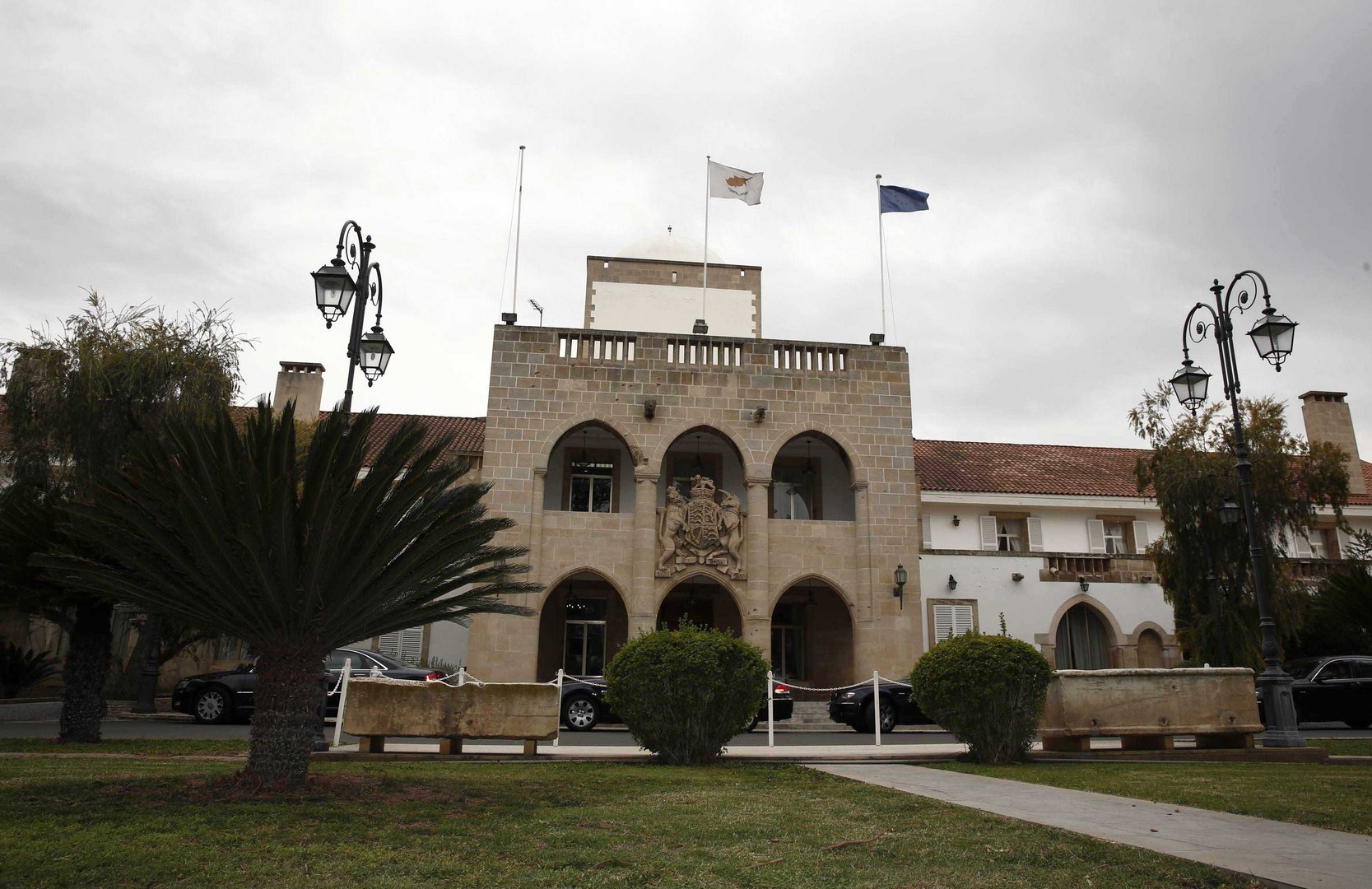Defending the allegedly covert employment of a number of highly-paid advisers, the presidential palace on Friday skirted a related allegation that one of them was there to create fake social media profiles slandering people who criticise the government.
The entire debacle, which has sparked a political furore with opposition Disy is to be discussed at the House ethics committee on July 3 or 10, the Cyprus Mail had learned.
According to our sources, the meeting is meant to be attended by presidential palace officials. They said the issue of the fake profiles would also be raised.
The meeting is also expected to focus on the government’s obligation to conform with a law requiring them to publish the names of advisers to ministries or the presidential palace, along with their salaries, and educational qualifications.
The discussion was proposed by Disy MP Demetris Demetriou, who is also the head of the house ethics committee. It was matter of transparency, he said.
Most consultants to the administration are receiving around €2,000 a month, but one reportedly gets €4,000 a month bringing the total bill for the state €67,000 a month for 25 such consultants. These consultants are reportedly receiving massivr salaries without public disclosure of their names.
Commenting on Friday, government spokesman Konstantinos Letymbiotis said: “Disy’s announcement on the publication of the details of the president’s and ministers’ advisers and associates can only be considered surprising. Our surprise is due, on the one hand, to the fact that, as of June 17, 2024, the relevant list, with full names, has already been communicated to parliament, although we were neither requested nor provided to do so in the relevant legislation.”
He added that the list is also in the possession of the audit office.
Letymbiotis said the reason the names are not posted on the presidency’s website is for data privacy purposes.
“We must remind the leadership of Disy that a similar practice of disclosure is not foreseen in the relevant legislation on parliamentary consultants, as one would expect,” he said.
He added that Disy could have contacted the Office of the Data Protection Commissioner before asking for an alleged explanation or claiming a non-existent breach of the law.
According to Letymbiotis, Disy is ignoring the fact that it is on the initiative of this government that a clear framework was legislated which regulates the recruitment of consultants – associates of the members of the government, thus filling the previous gap.
“Transparency is not served through unfounded positions and populist approaches. As a government, we have actively demonstrated our commitment to transparent procedures and remain committed to upholding transparency, good administration and meritocracy,” he said.
MPs told daily Politis that part of the consultants’ budget was also used to hire a person to manage fake social media accounts to slander critics of the Christodoulides government.
President Nikos Christodoulides faced similar accusations during his presidential campaign, exposed by his then-colleague Manolis Kyriacou.
Letymbiotis did not address this aspect of the allegations.
Earlier Disy called on the government to explain itself as it appeared there had been a violation of the law.
Disy’s Demetriou submitted a letter at last Wednesday’s session asking for the following issue to be registered for ex officio examination: “The monitoring of the implementation of the 2024 Law on Advisers – Associates of Government Members Law”.
Demetriou’s letter states, “The purpose of discussing this item is to ensure the proper implementation of the act, which recently came into force, and to examine any gaps in its implementation.”
Despite the new legislation, the names of the consultants are still withheld, which conflicts with the law’s aim to regulate qualifications and ensure transparency and public accountability in these recruitments, he said.
The legislation on consultants was passed by parliament on February 29, 2024, following a bill submitted by the Christodoulides government. However, when asked to implement the law, the presidency violated it by not disclosing the names of the consultants.
For transparency and public accountability, the law requires the presidency to post the names of hired consultants, their academic qualifications, contract duration, and remuneration on its website.







Click here to change your cookie preferences